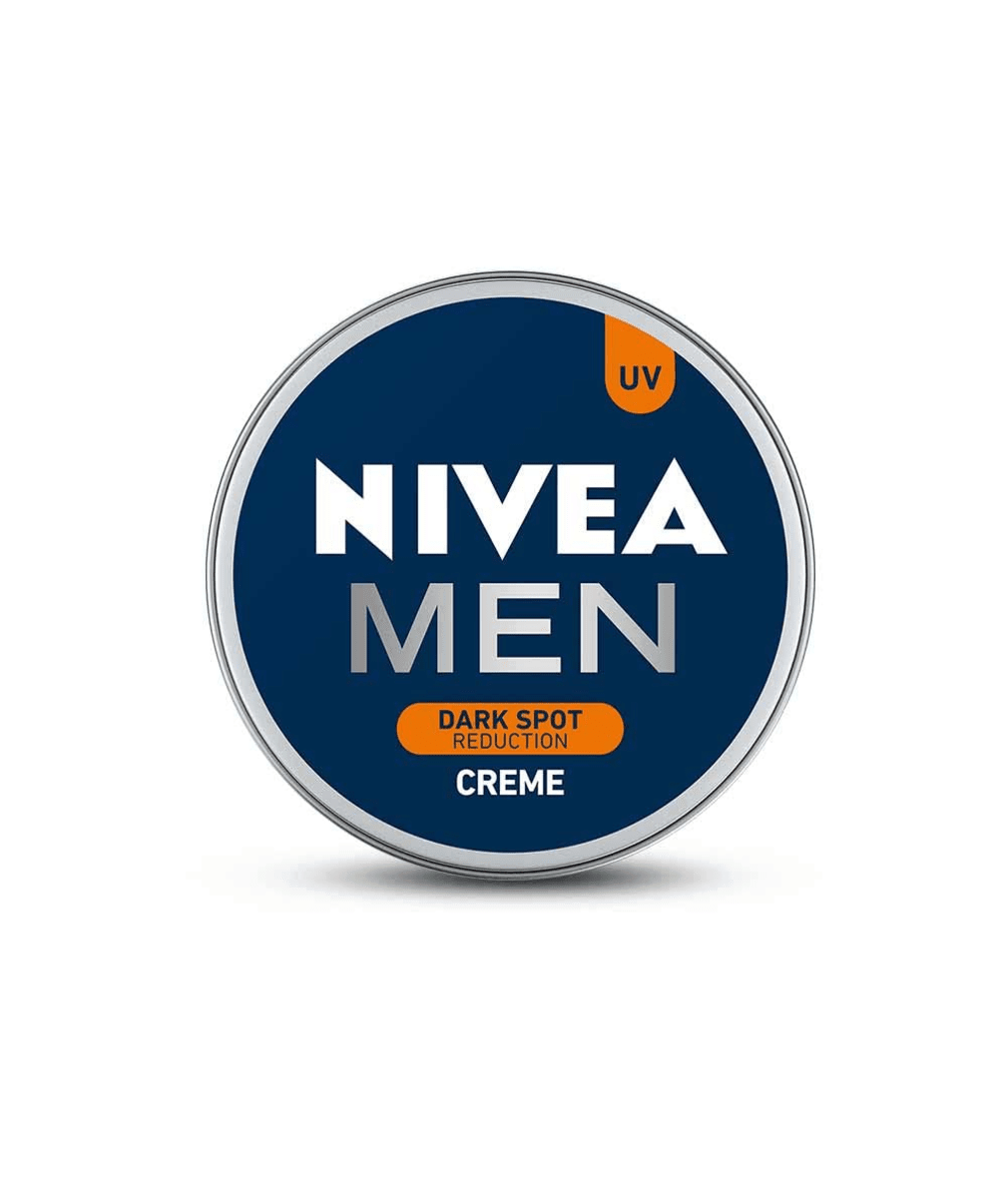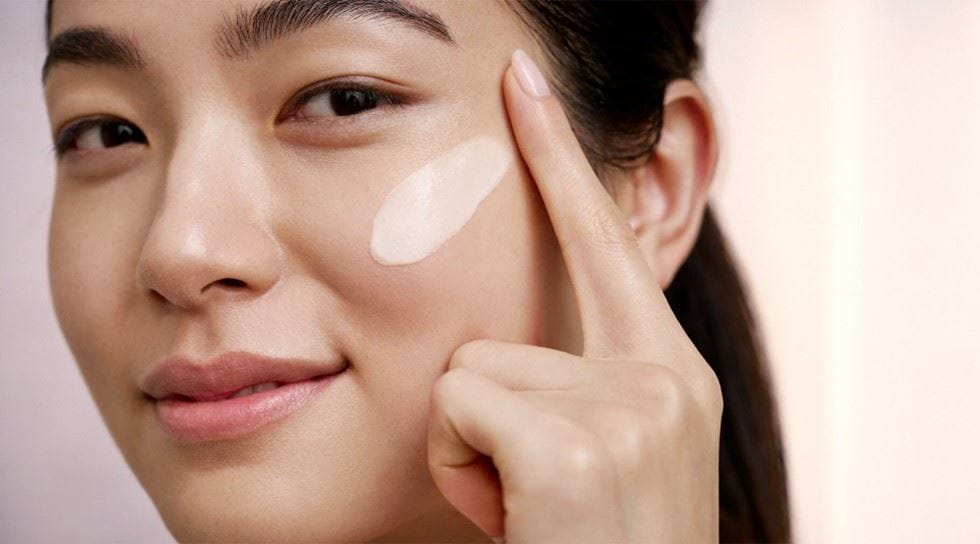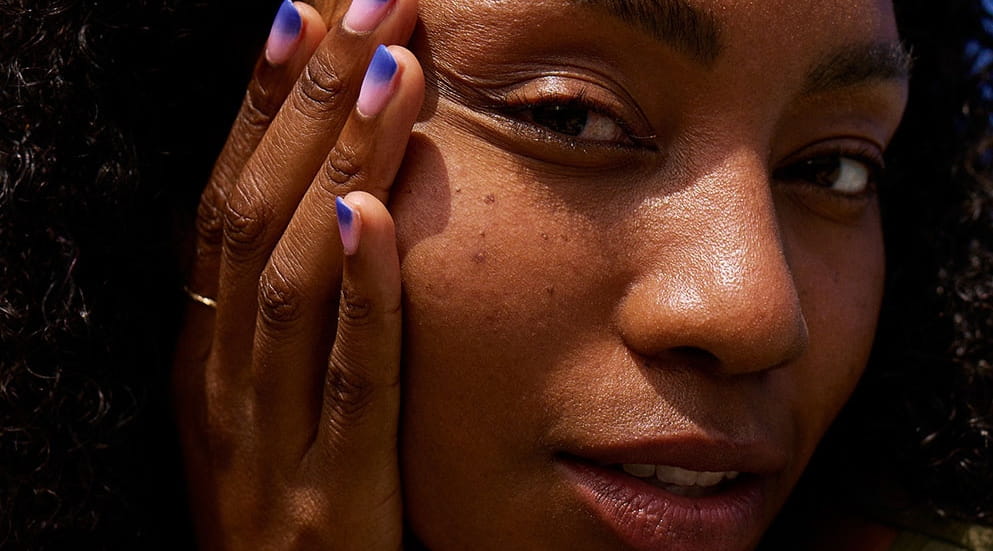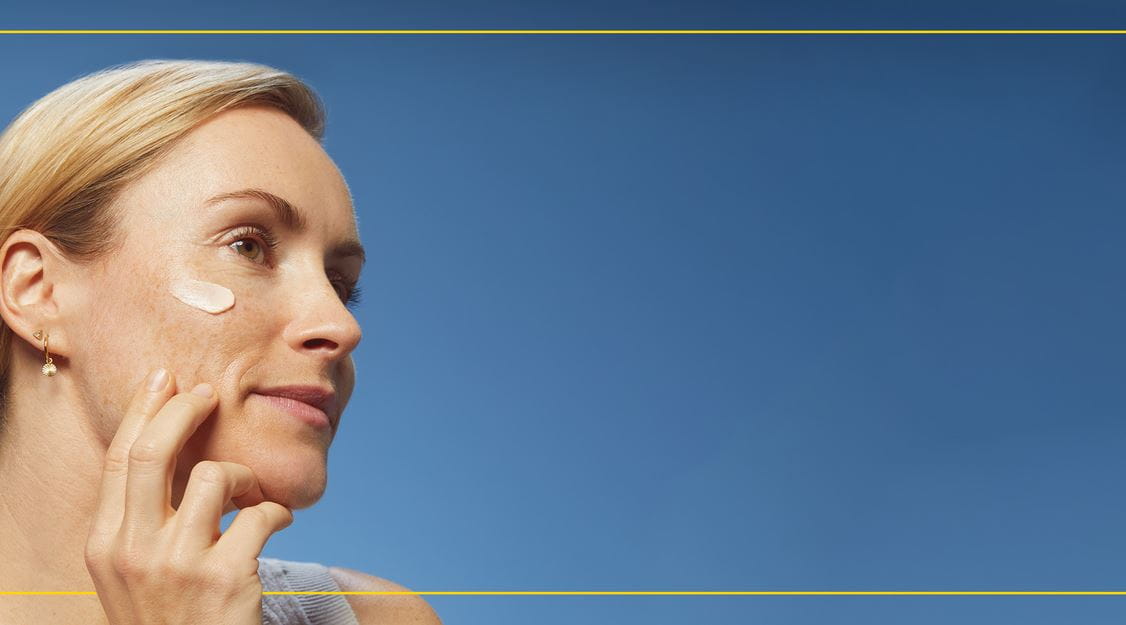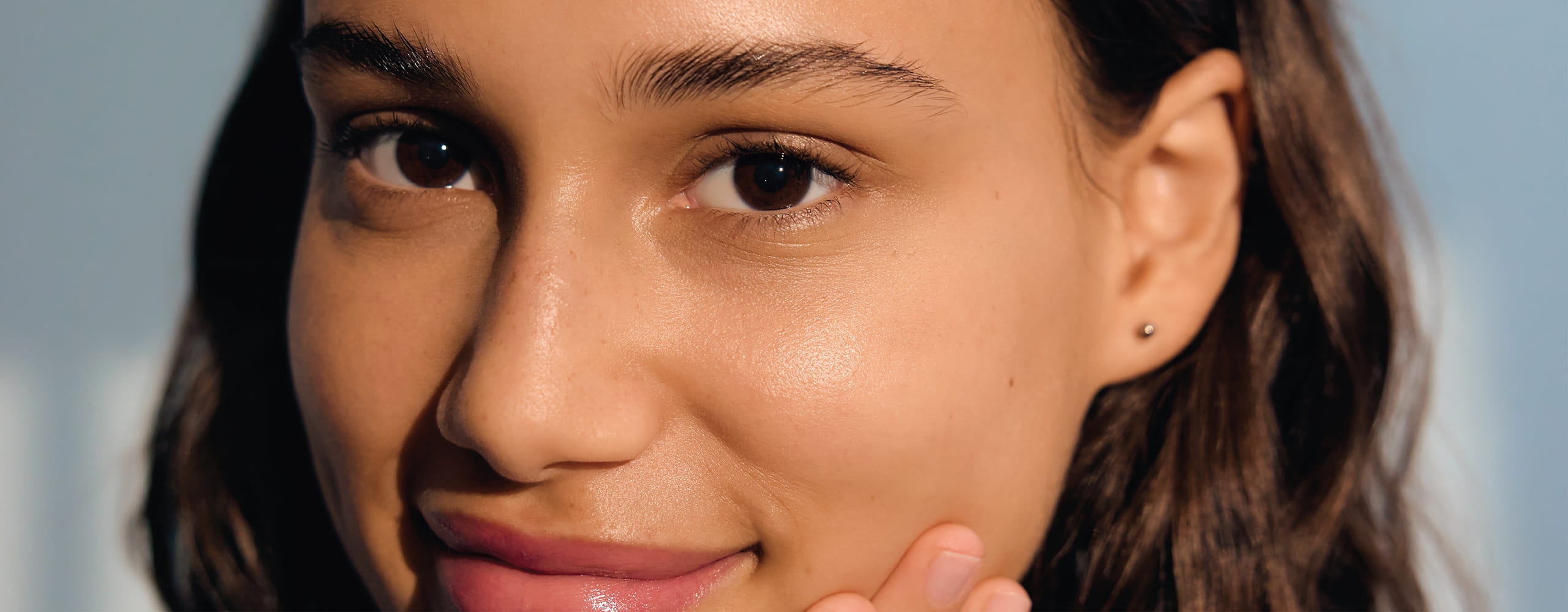
Retinol 101: What It Is, Benefits, and Best Types for Your Skin
Simply put, Retinol is an ingredient added to skincare products such as gels, emollients, lotions, creams and serums. It is basically a form of vitamin A, and the benefits of retinol are plentiful. It boasts of antiaging effects that even help clear annoying acne. In recent times, its popularity has skyrocketed as it helps neutralize free radicals in your skin. If that was not enough, it also helps reduce enlarged pores. Read on to learn about retinol meaning and what does retinol do for your skin?

